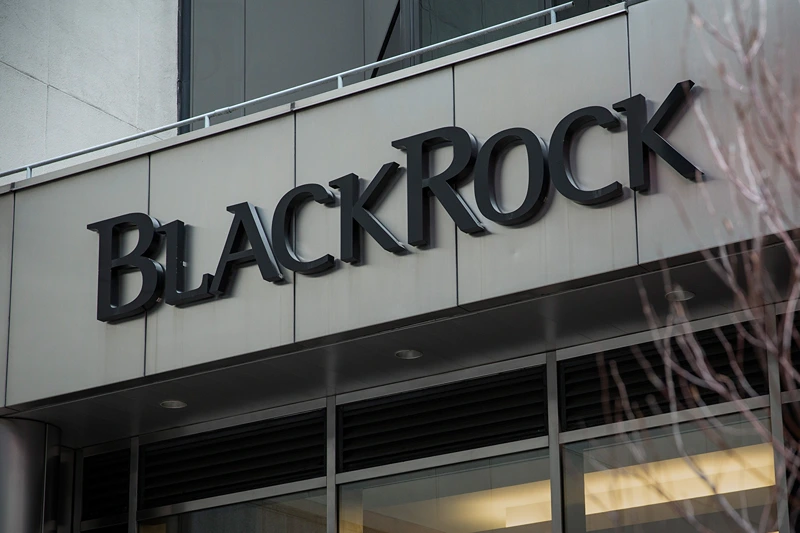
OAN’s Abril Elfi
3:30 PM – Wednesday, March 20, 2024
The Texas State Board of Education has announced that they are pulling out billions of dollars invested in BlackRock, a firm accused of boycotting fossil fuels.
In a statement released on Tuesday, Texas State Board of Education Chairman Aaron Kinsey cited BlackRock’s “dominant and persistent leadership in the ESG movement” as justification for the board’s decision to terminate its $8.5 billion investment with the massive investment firm.
Situated at the epicenter of a vocal anti-ESG movement led by Republican politicians in the U.S., BlackRock is the largest global investment management company and a leading voice in the investment community on climate and energy transition-related investment themes.
The politicians have accused BlackRock of following a social agenda and working to harm energy companies.
Texas has been leading the way in anti-ESG efforts. The Lone Star State recently banned the U.K. bank Barclays from the municipal bond market due to its ESG policies, compiled a list of asset managers that could be divested for allegedly supporting energy companies, and held a hearing where executives from State Street and BlackRock were questioned about their investment practices, engagement voting, and ESG and climate-related stewardship.
Even though the state has been advocating against ESG more and more, investors may pay a heavy price for these actions.
Although a number of states have proposed legislation to outlaw ESG investing, many have encountered opposition due to the anticipated costs and reduced returns that these anti-ESG efforts are expected to bring about.
In an analysis of a proposed law last year that would have prohibited ESG investing in the state’s public retirement investment system, the Texas County and District Retirement System (TCDRS), for instance, estimated that the legislation could prevent the retirement system from partnering with top investment managers and cost it over $6 billion in lost returns over a ten-year period.
In a social media post following the Board of Education’s announcement, Senator Bryan Hughes (R-Texas), who filed the 2023 anti-ESG legislation and led the above-mentioned hearing, stated his opinion.
“BlackRock and Wall Street firms like it have been using Texans’ money to push a left-wing agenda. Texas continues to fight back. That is why we’re pulling $8.5 billion from BlackRock, making it clear to Wall Street firms that they cannot use taxpayer money to hurt Texas jobs and attack our energy dominance.”
According to Kinsey’s statement, the decision to stop investing with BlackRock was taken to ensure that the Texas Permanent School Fund (PSF) complies with Senate Bill 13, a piece of legislation that was introduced in 2021 and forbids “investment in financial companies that boycott certain energy companies.”
“BlackRock’s dominant and persistent leadership in the ESG movement immeasurably damages our state’s oil and gas economy and the very companies that generate revenues for our PSF,” he said.
BlackRock CEO Larry Fink emphasized the company’s close ties to the energy industry in a recent statement, refuting claims made during a Republican presidential debate that BlackRock is pushing an ideological agenda and that it prevents energy companies from producing oil.
According to Fink, the firm’s clients have invested over $170 billion in U.S. energy companies.
In spite of the political pressure, BlackRock indicated earlier this year in the publication of its 2024 engagement priorities that it would still engage with businesses on sustainability-related issues like “climate and natural capital” and “business impacts on people.”
It further clarified that its strategy for addressing climate-related risks and opportunities was to comprehend how these factors would likely affect businesses’ long-term business plans and strategies, emphasizing that “it is not our role to engineer a specific decarbonization outcome in the real economy.”
Stay informed! Receive breaking news blasts directly to your inbox for free. Subscribe here. https://www.oann.com/alerts

